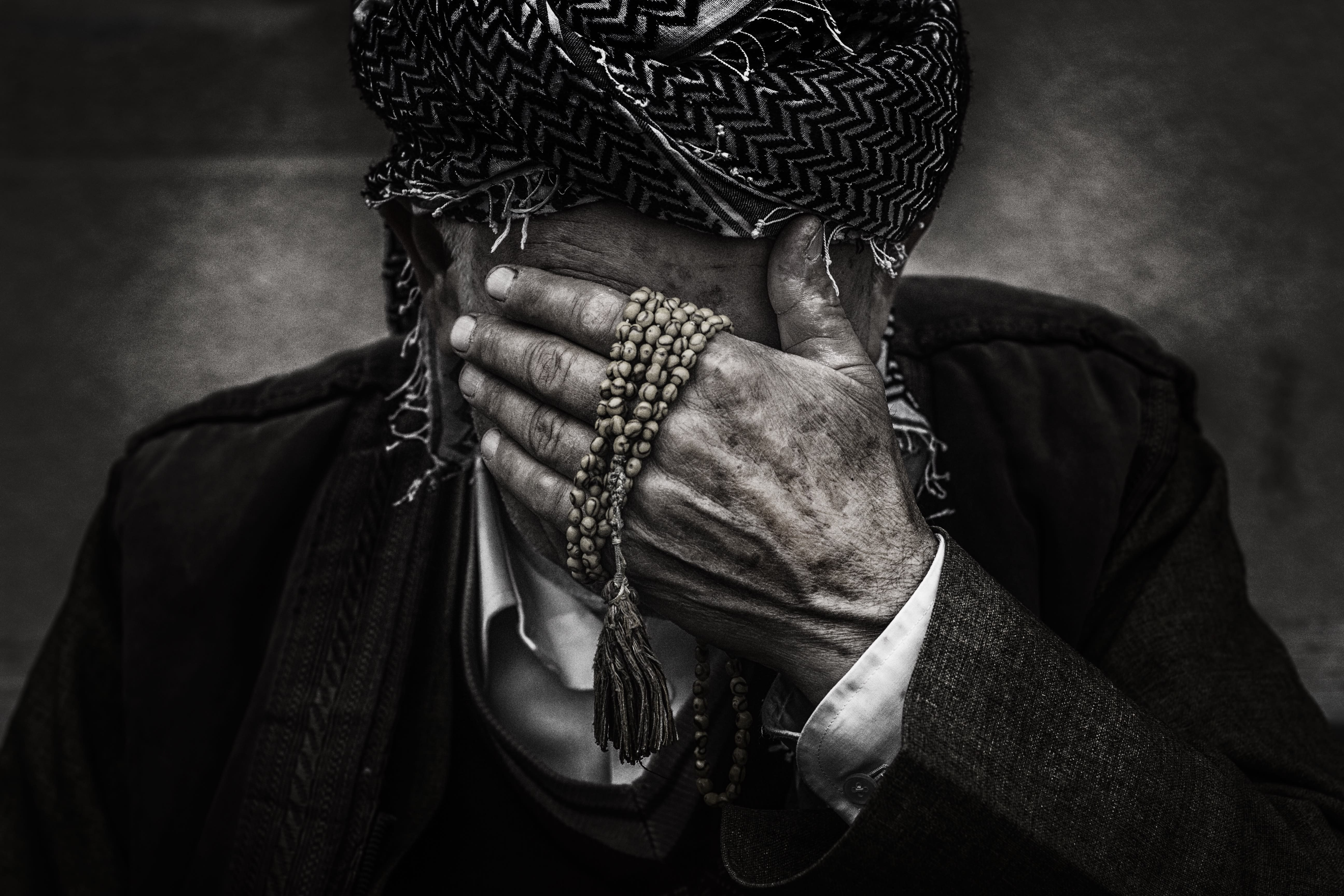
Guilt and Shame
Guilt versus Shame has been a specific issue I’ve been considering. For a long time, I considered them synonymous. Through discussions with other people, counselors, and my reading; I’ve come to realize they are different. Different not in just how they are defined, but different in their core.
Definitions
Guilt is defined by Webster as:
: the fact of having committed a breach of conduct especially violating law and involving a penalty
a. : the state of one who has committed an offense especially consciously
b. : feelings of deserving blame especially for imagined offenses or from a sense of inadequacy
: a feeling of deserving blame for offenses 👈
Shame, though, is defined below (also from Webster):
a. : a painful emotion caused by consciousness of guilt, shortcoming, or impropriety
b. : the susceptibility to such emotion
: a condition of humiliating disgrace or disrepute 👈
a. : something that bring censure or reproach ALSO : something to be regretted
b. : a cause of feeling shame
None of these really speak directly to the differences. I’ve marked the items that contain the closest definition, but it still feels lacking. Since I personally approach this from a Judeo-Christian bent, I’ll be addressing the differences in the same manner.
The reason I flagged the two definitions that best work is because of two words in each of the lines.
Guilt is a feeling, whereas Shame is a condition.
There is a difference.
Guilt is understanding that you have done something wrong, maybe you need to rectify this. Guilt comes with a level healthy reproach. Your feelings of guilt, most of the time, is appropriate and leads to behavior that corrects and compensates. Shame, on the other hand, coincides with identity. Shame is a condition that is so pervasive that a person begins to consider that feeling as an integral part of them.
Why Is This Important?
Apart from simply recognizing this difference and making sure that the guilt you feel does not transition to shame, why is the difference important? I think as a culture, there’s no more guilt…but we constantly wrestle with shame.
I do think there is a built-in human understanding of sin (regardless of if it is recognized as such). Sin, I am defining with Cornelius Plantiga’s definition: “Sin is culpable disturbance of shalom”. And shalom to be defined as: “the webbing together of God, humans, and all creation in justice, fulfillment, and delight”. This has a basis in the classic objective morality argument. But with widespread acceptance of the post-modernist philosophy, we’ve lost culpability to any objective morality.
Currently, people argue against accepting any guilt for most anything. If it does not hurt anyone but themselves, should they feel guilty for it? If my actions offend you, it is your fault for taking offence and I maintain zero guilt. Although I experience this last statement all the time, I also experience this one: I am offended by your actions and therefore demand you make restitution/reparation for it, regardless of your intent. Even though both thoughts are in contradiction to each other, they are both rooted in pointing guilt to someone/something other than the self.
So when we disturb shalom, guilt cannot be placed on us, it must be placed on others. I’ve noticed that when pastors speak about sin today, there’s a disconnect with regards to what they are saying and how people are relating to it. We used to be able to relate sin to guilt, that feeling of doing something wrong…means you know what it is like to sin. Today, no one is guilty, others are at fault for their bad feelings.
Alternatively, there has been an embrace of shame. Again this takes two forms. In those times that we do see fault in ourselves, it’s not guilt, we see that fault as a part of us. “I don’t get satisfaction from ______, because that’s how I am.” Or, our simple failures are magnified by ourselves and others by their reactions. This shame is accepted and internalized, even for the smallest infraction. “You disagree with me? You are a racist and a bigot! (Conversely, ‘Am I really this bigoted?’)” Others don’t attack our opinions anymore, they correlate opinions (which can change) with one’s identity, in this example. This leads to significant shame as feelings aren’t being attacked but who you are, which implies a condition you may not be able to correct.
We should care about this as it has far reaching implications. This affects both our attitudes, reactions, and responses. As well as, how we minister, related, and empathize with and to others.
So…
I don’t have any answers, other than recognition of this. I do know my posture to people both in life and in evangelical positions have been from a identity perspective as opposed to a guilt one. “We are all sinners” only works after you’ve shown someone that their worth and value is not based on their opinions, actions, or conditions. It is derived from the Creator of all things who is the very embodiment of love. After that is established, you can address the shortcomings that we all have.
This is also important when addressing any person with a difference of opinion. As I said before, in today’s culture, we tend to attack the person. You own a gun? You’re a criminal. You question Medicare-for-all? You hate poor people. You want Medicare-for-all? You are a communist.
I do have a hard time transitioning out of a shame-based discussion. Shame is unhelpful in any way you look at it, and moving away is important. There is also too much cultural resistance to any conversation that doesn’t include identity posturing…but that can be an entirely different conversation.
What should we do as people, Christians, Americans, etc.? Just some food for thought.